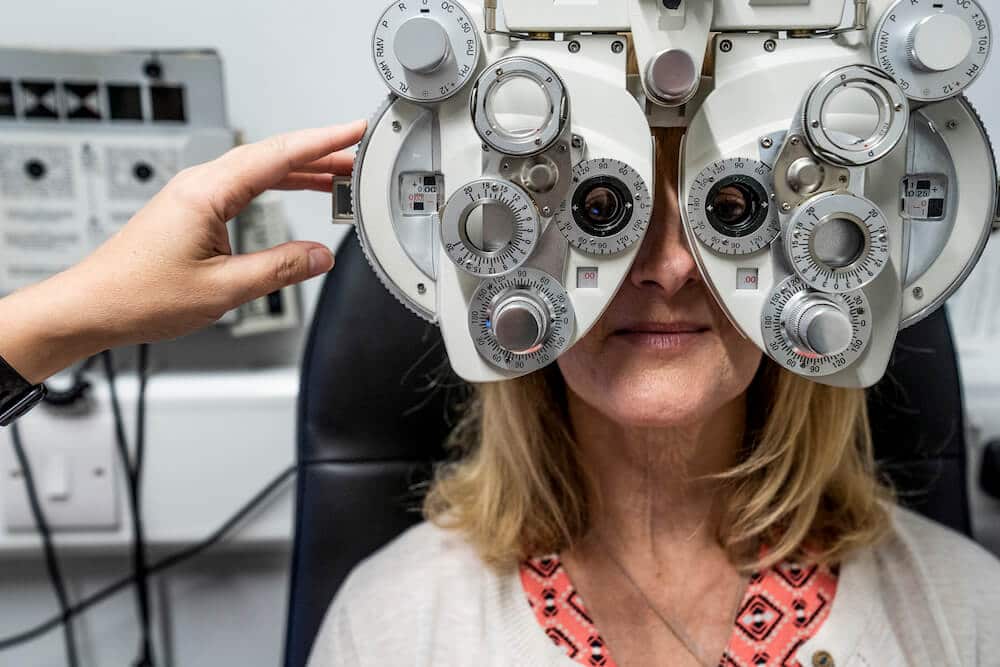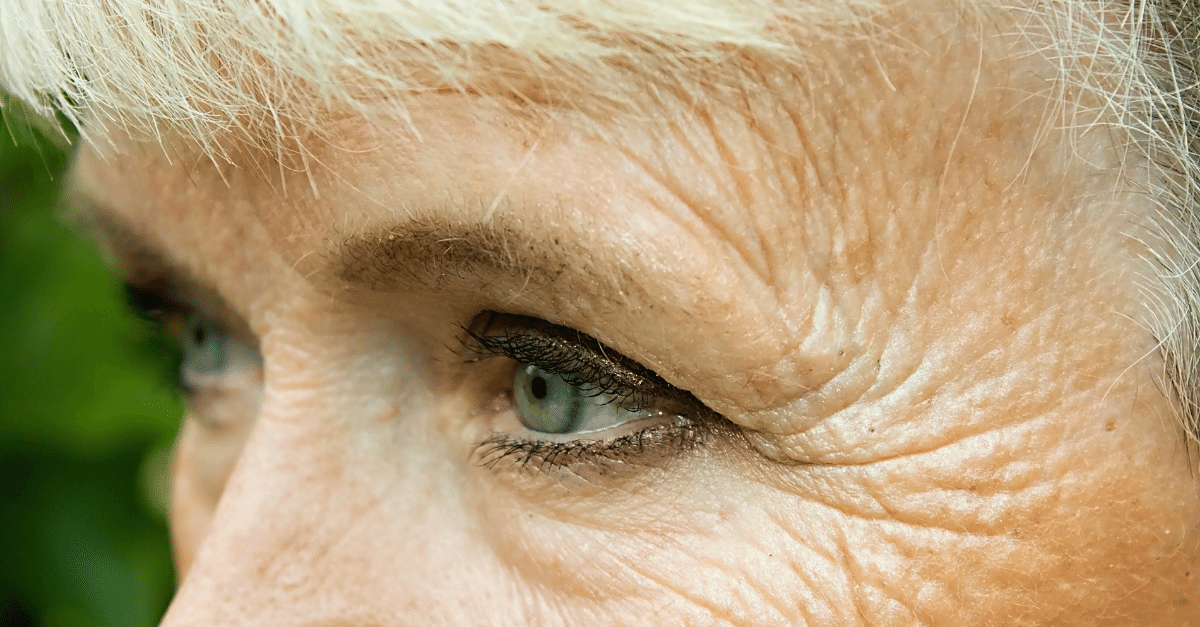What is glaucoma?
Glaucoma is the name given to a group of eye conditions which cause damage to the optic nerve, resulting in sight loss and eventually, blindness.
Most cases of glaucoma are a result of a build-up of pressure within the eye due to fluid not being able to drain away. This pressure damages the optic nerve, the nerve which sends signals to the brain, causing permanent sight damage.
With regular eye examinations, glaucoma can be identified early on and treated quickly to stop any further loss of vision.
If you are concerned about glaucoma, your first step is to book an eye test.
Symptoms of glaucoma
Glaucoma usually starts to develop without symptoms so it’s important to have an eye test every 2 years, at least.
Primary glaucoma is the most common type and progresses slowly over many years. As it develops, your peripheral field of vision is affected and symptoms can include blurred vision or rainbow coloured circles around bright lights.
Secondary glaucoma is caused by an underlying eye condition including pigmentary, neovascular, uveitic glaucoma and trauma-related injuries.
Childhood glaucoma, developmental glaucoma or congenital glaucoma affects babies and young children and is rare.
Eye tests for glaucoma
We can identify the early signs of glaucoma during a routine eye test. To do this, we use a couple of quick, painless tests.
OCT (optical coherence tomography) – this is an eye scan that takes a detailed image of the layers of nerves at the back of your eye.
Tonometry test – we use the latest technology to measure the pressure inside your eye (intraocular pressure, or IOP) which means we don’t need to use the ‘puff’ of air anymore.
Our gold eye test includes the OCT and tonometry test as standard.
Risk factors
Glaucoma is an eye condition that can affect anyone, but your chances of developing glaucoma later in life is greater if you have:
- Diabetes
- High blood pressure
- A family history of glaucoma
- Shortsightedness (myopia)
- Longsightedness (presbyopia)
Glaucoma is rare below the age of 40, but the risk increases as you get older. Around 1 in 20 people aged over 80 will develop glaucoma.
Ethnicity is also a risk factor, with African-Caribbean and Asian people at a higher risk of developing glaucoma.

Is glaucoma hereditary?
Adults can have a hereditary tendency to develop glaucoma and you are four times more at risk of developing it if you have a close blood relative with glaucoma.
It’s useful to know if your mother, father, or grandparents developed glaucoma and at what age. We will usually ask you about this when you come to see us for a routine eye test.
NHS eye tests are free if you are over the age of 40 and have a family history of glaucoma. If you need further advice, please call us on 01273 843946.
Treatment for glaucoma
Glaucoma is a life-long progessive eye condition that will ultimately result in blindness if left untreated. Whilst sight loss from glaucoma cannot be reversed, there is much that can be done to slow or stop its progression.
If glaucoma has been identified during a routine eye examination, your optician will refer you for further appropriate treatment. Possible treatments include:
- Eyedrops to help reduce the pressure in your eyes
- Laser treatment
- Surgery
Further advice
If you are at all concerned about glaucoma, the first step is to book an eye examination. Please call us on 01273 843946 or book an appointment online.


